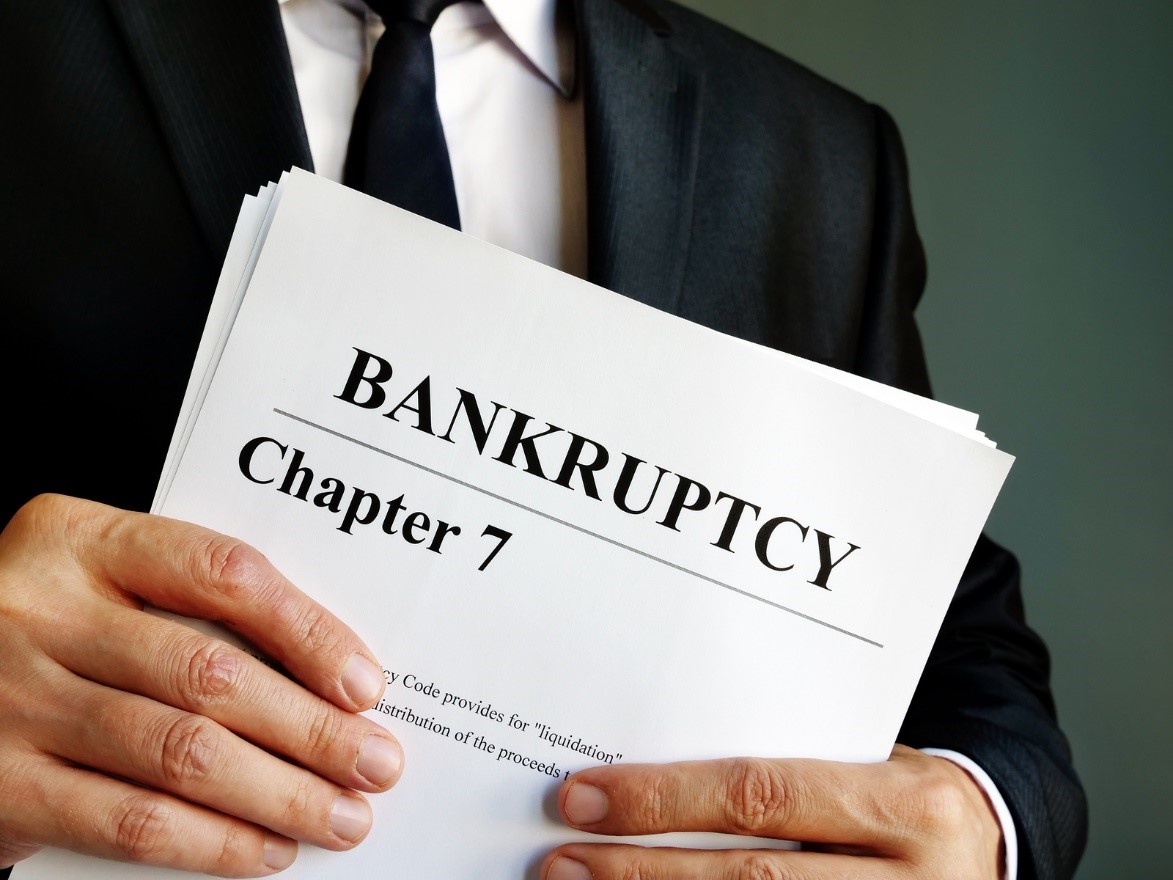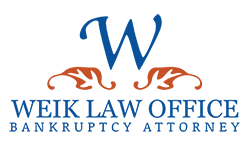GET HELP TODAY

The Bankruptcy Abuse Prevention and Consumer Protection Act (BAPCPA) changed the process of filing for Chapter 7 in 2005. Under this legislation, petitioners who have high incomes are prohibited from filing for Chapter 7 bankruptcy. A bankruptcy lawyer in Raleigh, NC discusses the “means test,” an exam that determines if a petitioner is qualified for Chapter 7 relief. Those who fail the test are advised to file for Chapter 13 bankruptcy instead.
The Means Test: An Overview
Before 2005, individuals could freely file for the type of bankruptcy they want:
- Chapter 7 – Liquidation plan, wherein properties are sold to pay off debts
- Chapter 13 – Reorganization plan, wherein an individual follows a repayment plan without selling off properties
Chapter 7 was the preferred type of bankruptcy due to its conditions. However, the enactment of BAPCPA has introduced a new means test, which limits the liquidation plan to people who are unable to settle their debts. Consequently, the test has prohibited petitioners with higher incomes from pursuing Chapter 7.
Individuals who only have consumer debts are required to take the means test for Chapter 7 bankruptcy in Raleigh, NC. Consumer debts refer to money owed for any of the following reasons:
- Home rent
- Utility bills
- Food for family meals
- Collectibles and hobbies
- Household furniture
- Other similar goods
The Two Parts of the Means Test
The means test determines an individual’s disposable income. This figure is determined by subtracting monthly expenses from the petitioner’s current monthly income or average income over the six months before filing for bankruptcy. Those with higher disposable incomes are barred from filing Chapter 7. The means test is divided into two parts:
- Income and State Median Comparison
The petitioner’s current monthly incomes are measured against the income statistics in their state. The members of the household are factored into the comparison. If the petitioner’s income is less than the median amount of their state, they can file for a Chapter 7 bankruptcy.
- Disposable Income and Debt Repayment
If their income is above the state median, petitioners must continue taking the test. The disposable or leftover income is calculated using the debtor’s financial background and documentation. Petitioners with disposable incomes that are enough to pay part of their unsecured debts are prohibited from filing a liquidation plan with their bankruptcy lawyer in Raleigh, NC.
Chapter 7 Means Test Forms
To find out if one is eligible, the petitioner must fill out online means test forms provided by the US Bankruptcy Court website. They include:
- Form 122A-1: Chapter 7 Statement of Your Current Monthly Income
This form determines if the petitioner’s income is below the state median.
- Form 122A-2: Chapter 7 Means Test Calculation Form
This form must be completed by petitioners with income that is below the state median. Their disposable incomes are calculated to find out if they are qualified for the Chapter 13 repayment plan.
- Form 122A-1Supp: Statement of Exemption from Presumption of Abuse Under § 707(b)(2)
This form establishes if the petitioner is exempted from the means test.
Get Professional Guidance When You Take the Means Test
Knowledge of the means test will give you direction with your bankruptcy plans. Consult with caring and compassionate bankruptcy lawyers in Raleigh, NC for a clear assessment of your situation. Call Weik Law Office today at 919-845-7877 for a free consultation, and set up a time to speak with one of our friendly professionals.
